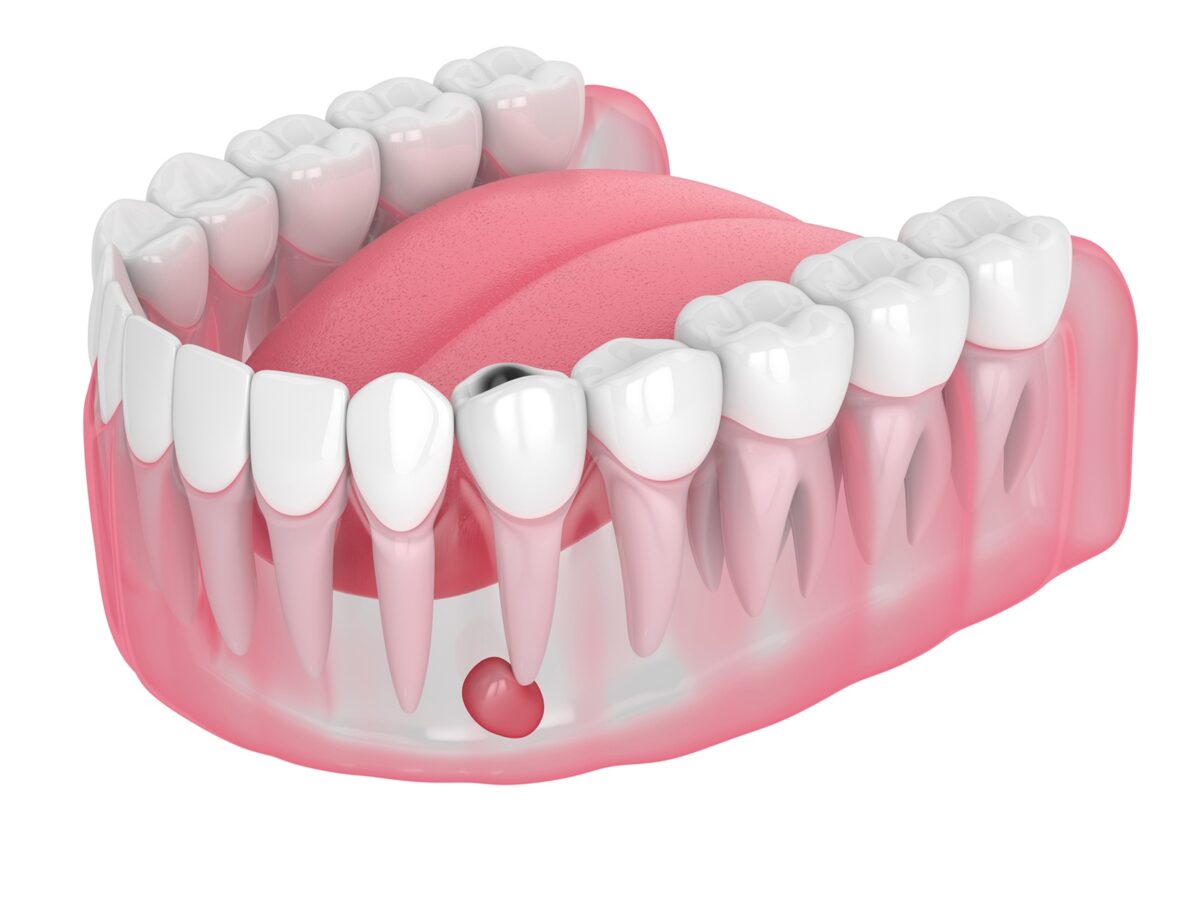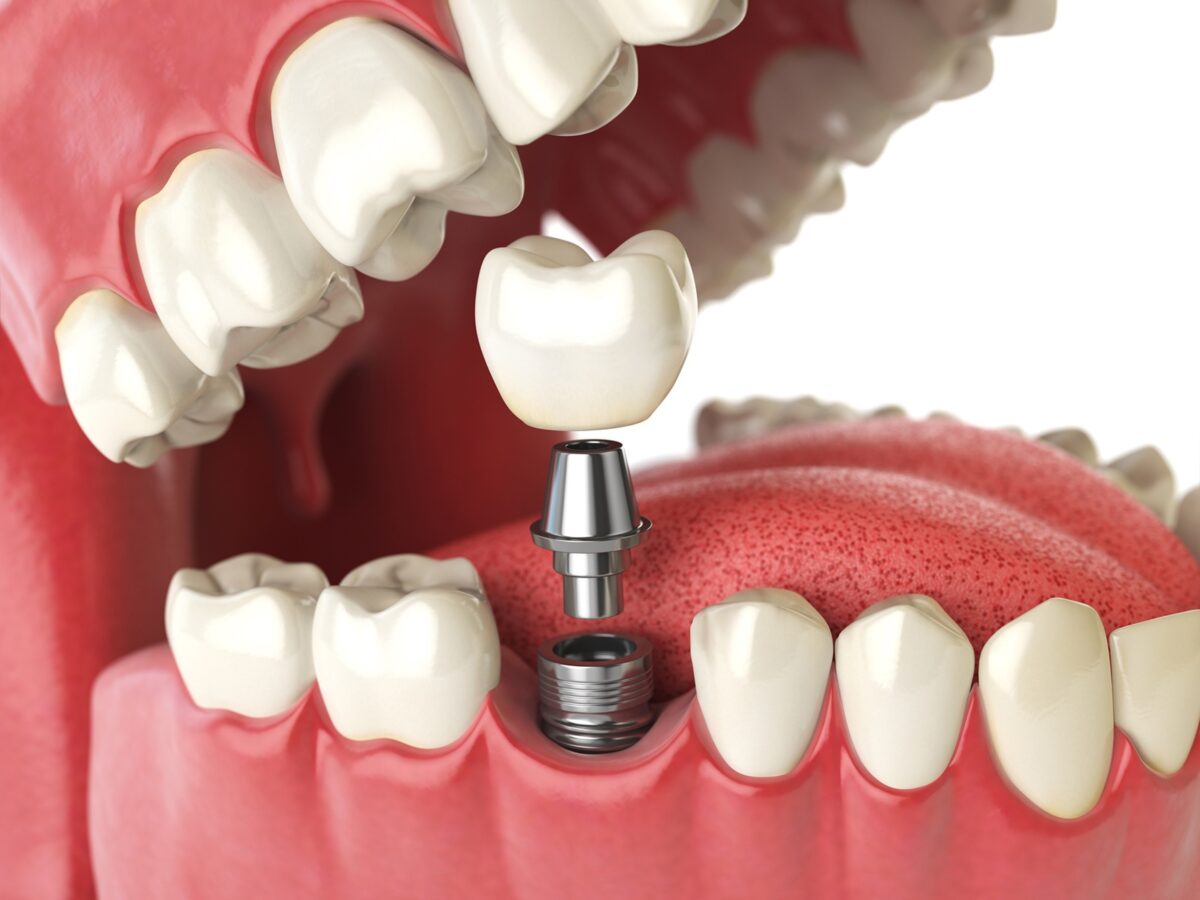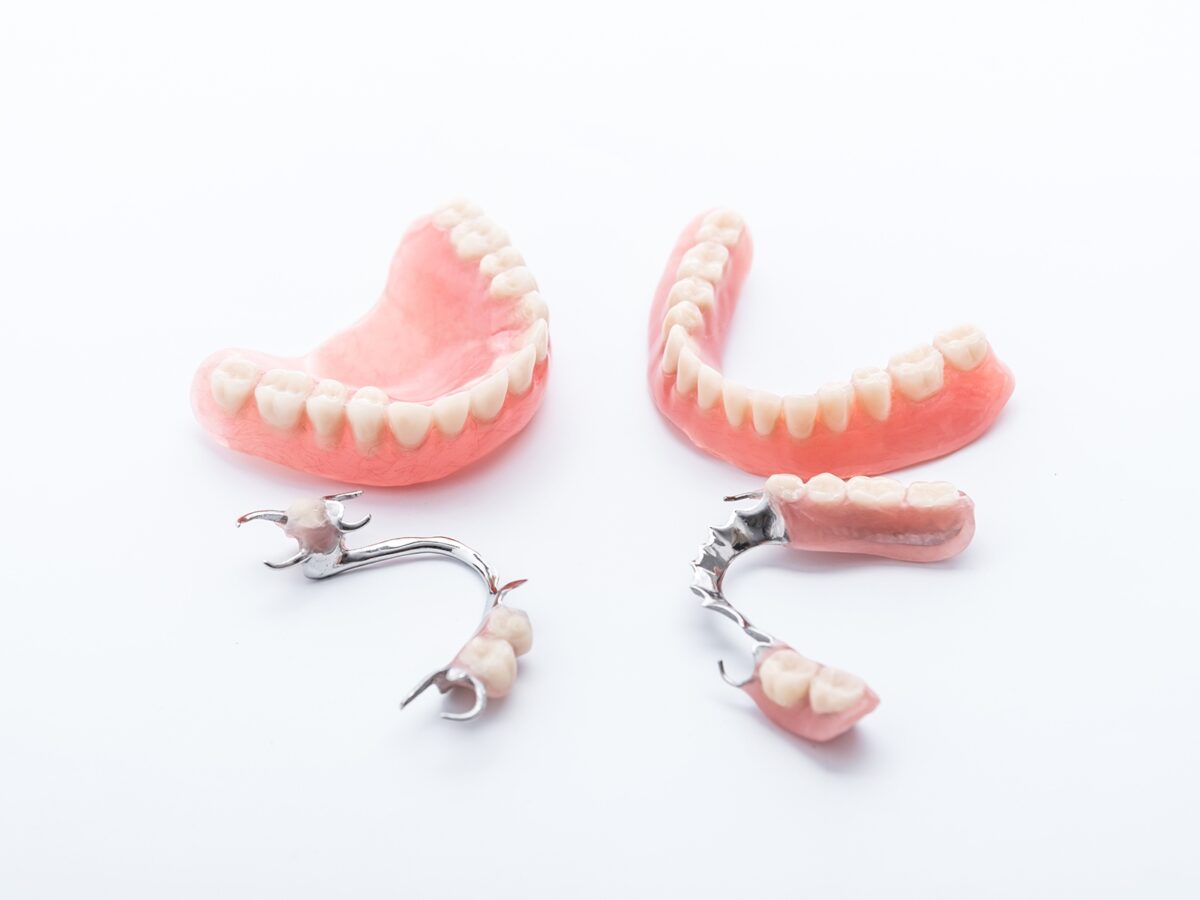A dental abscess is a pocket of pus caused by a bacterial infection of the dental pulp. It is caused when bacterial injection penetrates through the tough enamel and reaches the pulp inside. A tooth abscess is typically formed at the root of a tooth and can affect anyone, from children to adults. Having talked about the basics of tooth abscesses, let us analyze its nitty-gritty.
Is There a Way to Deal with Tooth Abscess Without Draining?
It is essential to remember that a dental abscess cannot be dealt with without draining. Most dental abscesses are painful, but some can also be painless. It is imperative to visit an endodontist and get the abscess professionally drained in either situation. It is crucial to remember that without professional intervention, a dental abscess can spread to other parts of the body such as the neck, jaw, head, and so forth. Therefore, it would be safe to say that an abscess cannot go away without draining, and instead, the problem is aggravated and starts affecting otherwise healthy parts of the body.
Signs to Identify a Dental Abscess
As we have already mentioned, not all abscesses are painful, and thus, it may be challenging to identify them in the initial stage. But, you can be vigilant and look for specific symptoms that are a sure-shot indicator of dental abscesses.
- Redness of gums
- Swelling of gums
- Fever
- Toothache
- Tooth sensitivity
- A sudden flush of foul-tasting and pungent-smelling liquids in the mouth
- Difficulty in breathing or swallowing food
A dental abscess may project clear physical evidence at times and may emerge as a pimple-like phenomenon on the gums. If you observe such an entity, then you have an abscessed tooth.
Therefore, your tooth abscess will not go away without draining or any other professional treatment.
Schedule your appointment with a dentist today and get the treatment on time!




